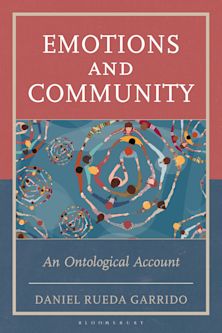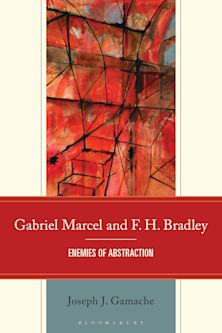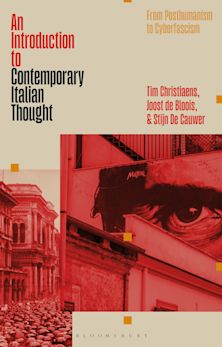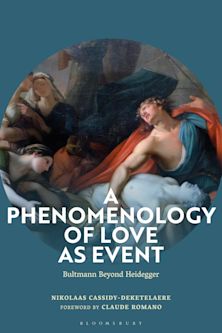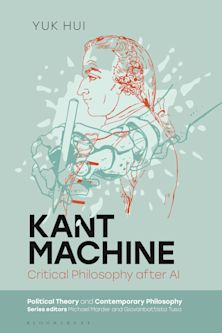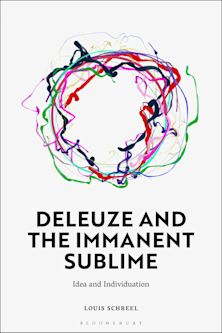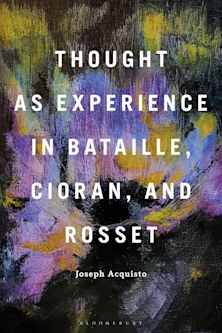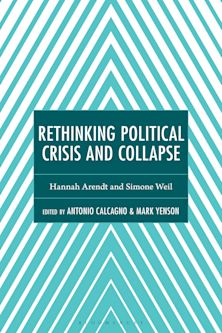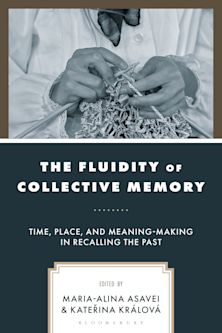The Originary Structure
The Originary Structure
Description
The Originary Structure (La struttura originaria) (1958) is the foundation of Italian philosopher Emanuele Severino's thought, the starting point that establishes and recognizes the essential tenets of the incontrovertibility and necessity of the 'truth of being'.
The first book written by Severino, it lays out the logical structure that underlies the philosophical development of his thought for the next six decades. According to Severino himself, it constitutes 'the ground as part of which all his subsequent writings receive their own meaning' – first and foremost because it aims to articulate the structure of the appearing and meaning of everything that is and appears, according to a logic that should prove itself to be unable to be refuted by any (non)philosophical discourse. This book presents the fundamental determinations of a philosophical discourse that cannot be refuted, to the extent that any such refutation would itself be grounded in the discourse to be refuted. It is on the basis of this logical structure that Severino is able to exhibit the necessity of his most challenging claim – that of the eternity of every being.
One of the most singular philosophical works written in the 20th century, this book plays an irreplaceable role in the system of Severino's writings.
Published with the kind support of SEPS (Segretariato Europeo per le Pubblicazioni Scientifiche).
Table of Contents
Introduction
The Originary Structure
1. The Exposition of the Originary Structure
2. The Immediacy of Being
3. The Immediacy of the Non-Contradictoriness of Being
4. The Aporia of Nothingness and Its Resolution
5. The Structure of the Totality of the Ph-Immediate
6. The Analysis of the Originary Meaning: Semantic Simplicities and Semantic Complexities
7. Logical Immediacy and Logical Mediation
8. The Ground qua Contradiction
9. Dialectic
10. The Manifestation of the Whole
11. The Abstract (Ga) (and Concrete) Concept of the Originary as the Originary Problem and Contradiction
12. The Inherent Contradictoriness of the Negation of the Presence of Being
13. Originary Metaphysics
Index
Product details

| Published | 13 Nov 2025 |
|---|---|
| Format | Ebook (PDF) |
| Edition | 1st |
| Extent | 472 |
| ISBN | 9781350498808 |
| Imprint | Bloomsbury Academic |
| Series | The Works of Emanuele Severino |
| Publisher | Bloomsbury Publishing |
Reviews

ONLINE RESOURCES
Bloomsbury Collections
This book is available on Bloomsbury Collections where your library has access.












